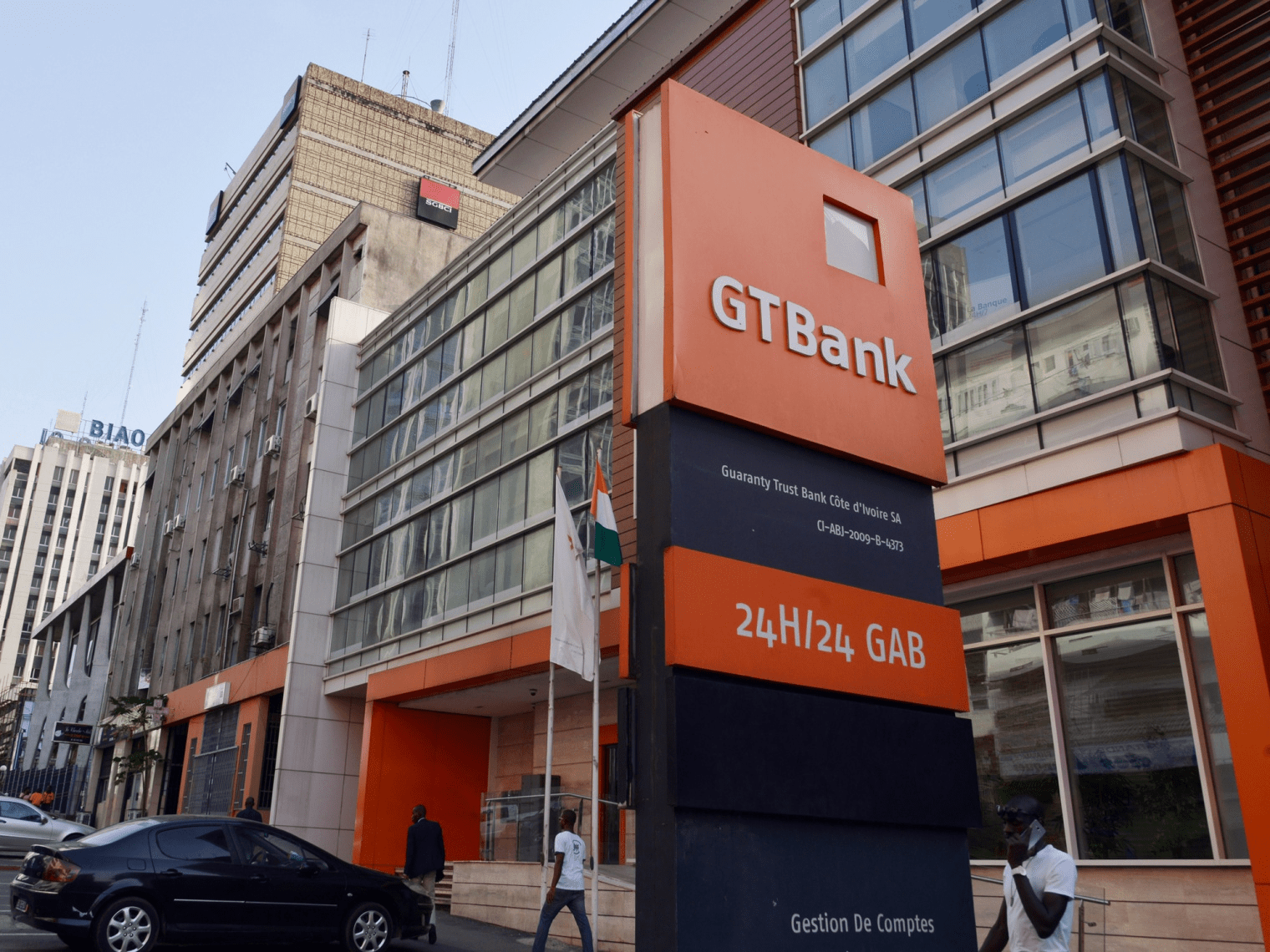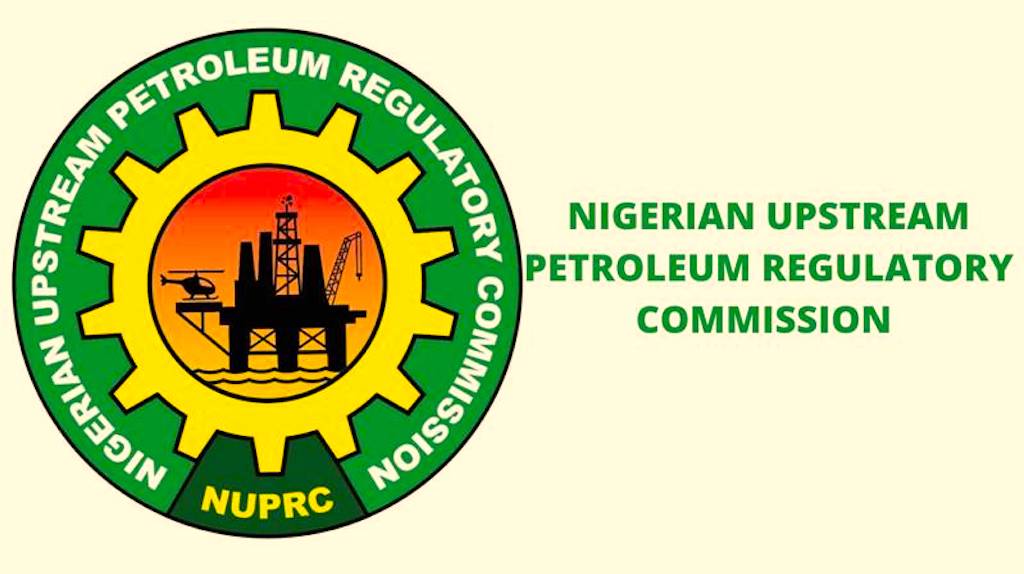NUPRC Announces Completion of Marginal Field Licences Review, Says Qualified Firms to Be Published
NUPRC Announces Completion of Marginal Field Licences Review, Says Qualified Firms to Be Published
•Reiterates commitment to transparent process
•PENGASSAN urges FG to divest from ownership of refineries
•Wants oil blocks’ licensees to begin production on dormant assets
Emmanuel Addeh in Abuja
The Nigerian Upstream Petroleum Regulatory Commission (NUPRC) yesterday announced the completion of a case-by-case review of the marginal oil field licences that are currently due for renewal.
NUPRC Chief Executive, Gbenga Komolafe, made the disclosure in Abuja during his address at the Energy and Labour Summit organised by the Petroleum and Natural Gas Senior Staff Association of Nigeria (PENGASSAN) themed: ‘’Building a Resilient Oil and Gas Sector in Nigeria: Advancing HSE, ESG, Investment, and Incremental Production.’’
Speaking on the marginal fields which are due for renewal, Komolafe noted that the final list is currently before the Minister of State for Petroleum (Oil), Senator Heineken Lokpobiri, for his approval before those who scaled the process will be announced publicly.
The NUPRC chief executive clarified that based on the provisions of the law, the marginal field holders are expected to meet specific milestones upon which they will be assessed and considered for renewal, assuring that no party will get preferential treatment.
“First and foremost, the 2020 marginal field round that was concluded when the NUPRC took office. In fact, every award is done in a manner that awardees are meant to meet specific milestones within the five years period. It does not necessarily mean that they should meet those terms of the award at the same time. The point I’m making here is that the terms are done in a manner that is on a milestone basis.
“So in that respect, the fields that are due for renewal and in the characteristic manner in which the NUPRC has operated, we try to define a template, a transparent template, to look at each marginal fee on a case-by-case basis.
“And an expert team was set up that reviewed each of the awards in the case of each of the awardees on a case-by-case basis with a score sheet that is equally very transparent. This is because we try to say we’re a 21st century regulatory institution. And as such, transparency is our watchword. So whatever we do, we make it available to the public and, of course, publish on the portal.
“The score sheet is there to ensure that if we say any awardee does not qualify for renewal, the awardee should be satisfied that the case has been looked at meritoriously. So it is on the basis of that that the result of the assessment has been forwarded to the Minister of State for approval. We believe that in the weeks ahead, successful companies that have met the required milestone, will have their marginal fields renewed,” Komolafe stated.
He noted that the 2024 licensing round was a landmark exercise conducted with full transparency, praised by the Nigeria Extractive Industries Transparency Initiative (NEITI), broadcast live at the commercial stage, and widely commended as the first in which no one could claim a single dime was paid to anyone.
Komolafe stated that the commission’s ambition is to be resource-responsible by harnessing hydrocarbons with world-class efficiency and environmental stewardship, while strategically investing in cleaner alternatives.
He said the NUPRC, guided by the transformative Petroleum Industry Act (PIA) 2021, has established a modern legal, governance, and fiscal framework that addresses long-standing investor concerns.
In the area of incremental production, the NUPRC boss said the commission has been able to spearhead strategic initiatives that directly support the ‘Project One Million Barrels Per Day’ incremental production target through proactive industry collaboration.
According to him, industry players are forging a common agenda for unlocking more than 810,000 barrels of oil per day, in potential peak output, from approved deep offshore development plans.
The NUPRC chief said that at the heart of the effort is the cluster and nodal development strategy, designed to maximise shared infrastructure, capture economies of scale, and enable coordinated tiebacks to existing FPSOs like Bonga, Egina, and Agbami.
In his opening remarks earlier, the President of PENGASSAN, Festus Osifo, called on the federal government to divest from the oil refineries, using the NLNG model.
Stressing that Nigeria has enough skilled personnel to manage the three refineries, he stated that what is needed is for the federal government to sell some of its equity in the refineries to ensure that they run smoothly.
“If you bring companies who know how to manage refineries, let them come in and have the majority stake. As we have said, we have human resources in the refineries who understand how to operate the operations of the refinery. We have the human resources in Nigeria to make that refinery work, but as we know, if you work in an organisation and you are not given the tools to work, it is very, very difficult for you to work.
“So there are a lot of policies going on over the years as far as the refinery operation is concerned. But for you to be able to implement that policy, the government must divest. You divest, you have minority shareholding.
“In NLNG today, the government has 49 per cent shares, the three companies, the ENI, Shell, and Total Energies have 51 per cent shares. With that, the majority of decisions will be taken by the private sector. So this is what we have advocated for, for at least 10 years now, if my memory serves me right.
“That is the model we want the government to implement in terms of the refinery operations, so that we will not maintain it today, two, three years’ time, or two, three months’ time, we come back to the same position again,” he noted.
Osifo also urged oil asset licensees that are not producing to quickly move to optimise their dormant facilities, stressing that a number of the oil fields remain fallow.
“Secondly, if you could remember yesterday, the minister told us clearly that there are some companies that have licences. But these people were given licenses several years back. But today, they have not carried out anything. You are given licenses to do what? You are actually given licenses for you to engage in drilling and production.
“But most of these companies have not carried out that function. Today, most of those fields are lying fallen. Today, in Nigeria, we have close to over 37 billion barrels of crude oil. If we are hovering around 2 million barrels production per day, it’s going to take us over 50 years for us to completely drill what we have beneath the soil.
“So that means that effort must be put in place to increase our production. It is only when we increase production that we will reap the benefit today so we can use the resources that we have in earnest,” he stated.
Osifo commended the NUPRC chief executive for his commitment to driving transparency and accountability in the upstream sector, acknowledging the commission’s innovations and noting that its consistent commitment to reforms has strengthened the upstream oil and gas sector.
“We got the report before now about what they used to do. They give oil blocks to big men, to big politicians who don’t even understand or have the expertise on how to go about the development. That is why you could see that over the years, people are given licenses, they keep it under their bed,” Osifo lamented.
The post NUPRC Announces Completion of Marginal Field Licences Review, Says Qualified Firms to Be Published appeared first on THISDAYLIVE.
•Reiterates commitment to transparent process •PENGASSAN urges FG to divest from ownership of refineries •Wants oil blocks’ licensees to begin production on dormant assets Emmanuel Addeh in Abuja The Nigerian
The post NUPRC Announces Completion of Marginal Field Licences Review, Says Qualified Firms to Be Published appeared first on THISDAYLIVE.


